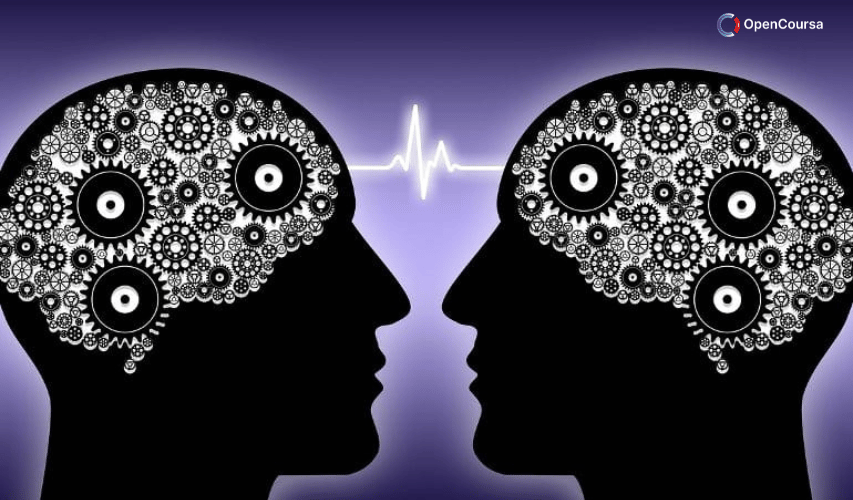Home » Course Layouts » Free Course Layout Udemy
Language and Mind. Instructor: Prof. Rajesh Kumar, Department of Humanities and Social Sciences, IIT Madras. Language learning can be put under three broad perspectives. Some believe language is pairing of lexicon and syntax i.e.
0
English
English [CC]
- Learn basic syntax that can apply to any language.
- Learn what is a programming language and the basic concepts for beginners.
- Understand what is Javascript in it's truest form.
- Know the basic syntax of Javascript.
- Know some hidden quirks in Javascript.
Description
of words and the set of rules that defines how we can combine those words most fundamental of these rules are innate i.e. they are already there in the human mind before it is exposed to society. This means there is perhaps an innate Language Faculty. Still others believe that General Cognitive Abilities that account for other kinds of learning can also account for language. There are many others who strongly believe that language is essentially socially embedded and that all learning takes place through social interactions. This course will briefly account for the most convincing position and will argue for it from generative perspective and biological foundations of language. Throughout the course we will try to be familiar with relationship between language and human mind; to understand language as a special purpose cognitive ability; and to understand underlying mental computation for natural language processing. (from nptel.ac.in)
Course content
-
- Lecture 01 – What is Language? Unlimited
- Lecture 02 – How do We Learn Language? Unlimited
- Lecture 03 – Learning Language Unlimited
- Lecture 04 – Acquiring Language Unlimited
- Lecture 05 – Language Evolution Unlimited
-
- Lecture 06 – Language and Language Learning Unlimited
- Lecture 07 – Language in Mind Unlimited
- Lecture 08 – Grammar Unlimited
- Lecture 09 – Language and Human Mind Unlimited
- Lecture 10 – Mechanism of Sound Production Unlimited
- Lecture 11 – Consonants Unlimited
- Lecture 12 – Features of Sounds Unlimited
- Lecture 13 – Words Unlimited
- Lecture 14 – Words II Unlimited
- Lecture 15 – Words III Unlimited
- Lecture 21 – Structure of Sentence (Agreement) Unlimited
- Lecture 22 – Sentence (Categories and Phrase) Unlimited
- Lecture 23 – Sentence (Phrase Structure) Unlimited
- Lecture 24 – Sentence (X bar and IP) Unlimited
- Lecture 25 – Sentence (Inflectional Phrase) Unlimited
- Lecture 31 – CP and Displacement Unlimited
- Lecture 32 – Sentence (CP in Subject and Object Position) Unlimited
- Lecture 33 – Sentence (Passivization and NP Movement) Unlimited
- Lecture 34 – Sentence (Referential Expressions) Unlimited
- Lecture 35 – Sentence (Binding) Unlimited
N.A
- 5 stars0
- 4 stars0
- 3 stars0
- 2 stars0
- 1 stars0
No Reviews found for this course.










